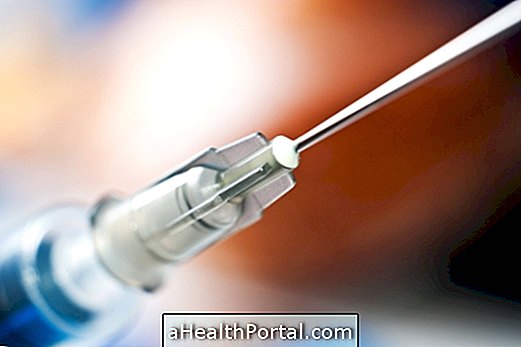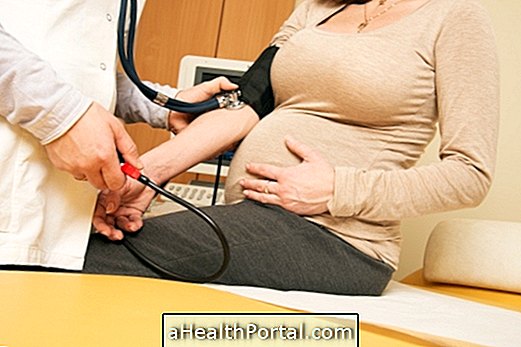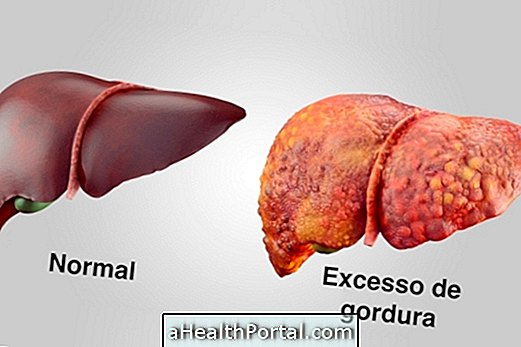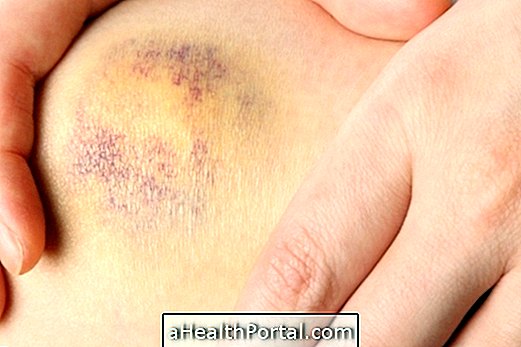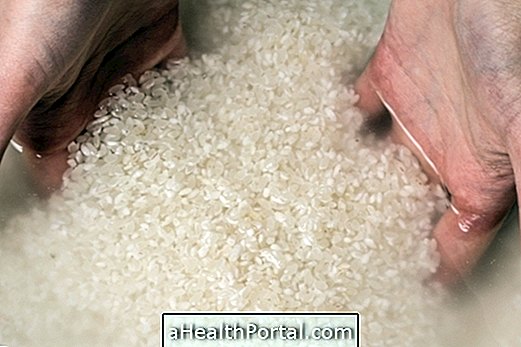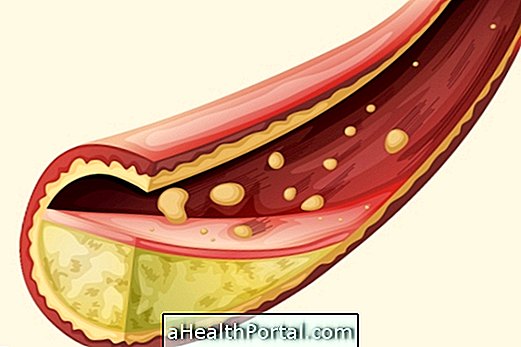The treatment of genital herpes in pregnancy can be done at home with antiviral medicines such as acyclovir or valaciclovir, indicated by the obstetrician, to control the red blisters that appear in the intimate region of the pregnant woman and decrease the chances of contaminating the baby with the herpes virus.
Treatment usually lasts for 10 days, and most times the woman has a normal birth, unless the blisters are in the birth canal, as there is a greater risk of contaminating the baby during childbirth. In this case, a cesarean is usually performed.
Genital Herpes in Pregnancy Can Affect Your Baby
Genital herpes in pregnancy can harm the baby because there is a risk of the baby being infected through the placenta or at the time of delivery, especially if the pregnant woman was first infected with the herpes virus at the beginning or the end of pregnancy. In this case, spontaneous abortion, malformations in the baby or congenital herpes can occur. To prevent contamination of the baby, it is important that the pregnant woman perform the treatment correctly.
Care to speed recovery
Genital herpes in pregnancy is caused by weakening of the immune system and may worsen if the pregnant woman is stressed or if she is very exposed to the sun, so some recommendations are:
- Relax or have a massage;
- Maintain a balanced diet;
- Sleep at least 8 hours a night;
- Avoid exposure to the sun.
Another recommendation for genital herpes in pregnancy is to avoid having intimate contact without a condom.
Signs of improvement
Signs of improvement of genital herpes in pregnancy are the decrease and disappearance of the blisters in the intima.
Signs of worsening
Signs of worsening genital herpes in pregnancy are increased blisters or new blisters in the intima, as well as blisters in other regions of the body, such as the belly or legs.


